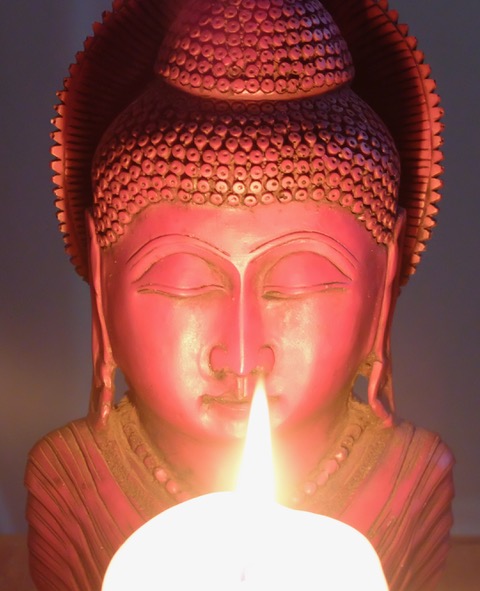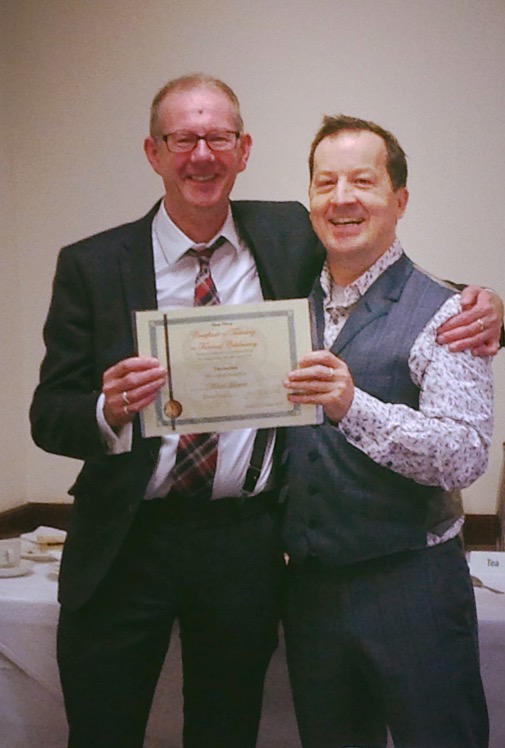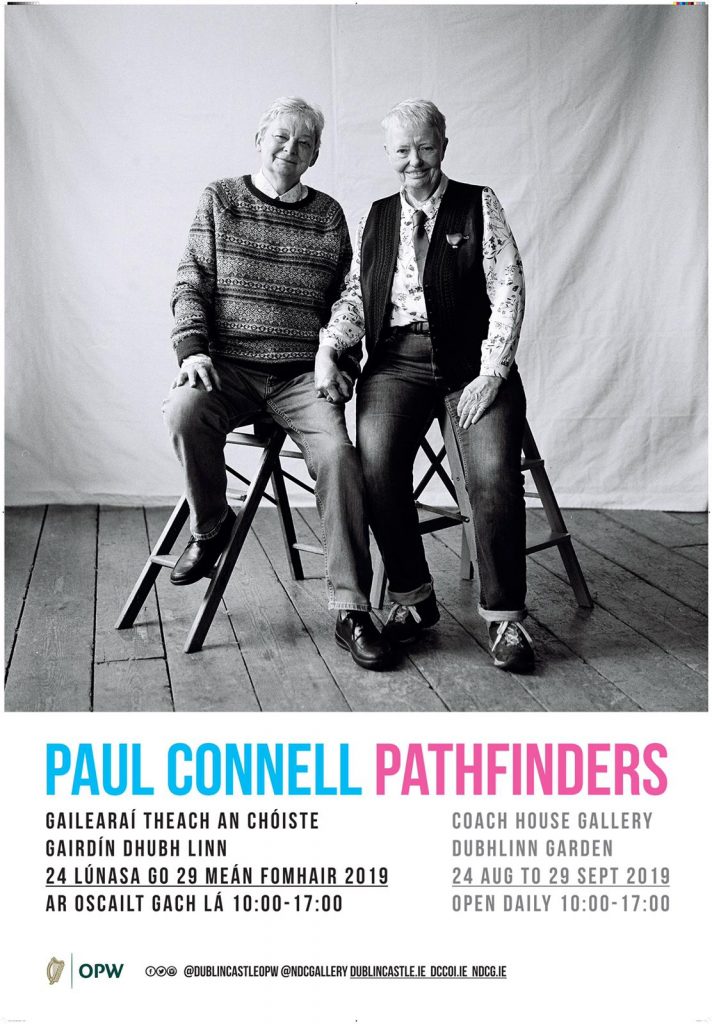I’ve now been practising as an independent funeral celebrant for over seven months. I’ve gained a huge amount of experience in that short time and conducted a wide range of services.
I’ve also gained a lot of insight into grief and bereavement and the emotional, financial and practical strains that accompany a death in the family.
But in September, I faced a bereavement of my own. My late father’s cousin died in her care home in England at the age of 92. Betty had been more like a sister than a cousin to my dad so I thought of her as an aunt.
Betty never married and had no children of her own so maybe it was natural that she would choose me to act as Power of Attorney when she was putting her affairs in order in 1999. Back then, she was completely healthy and signing that document meant very little to me at the time.
Then five years ago, after a fall and a stay in hospital, it became clear that Betty’s memory was beginning to fail. Suddenly we found that we had to register those documents and I had to take over all her day-to-day affairs, from paying the gas bill to finding a suitable care home.
So her death came with a lot of mixed emotions. On the one hand, I knew that life hadn’t been easy for her latterly – she was always a very independent woman so being in a home and contending with dementia must have been a terrible struggle for her. Maybe death came as a release.
But I still felt great sadness at the loss of another member of my dwindling family. The loss of someone who had been close to my father. And the loss of someone I had responsibility for during these past five years and had come to know so much better and grown closer to.
There are also all the practical problems. How do you register the death of someone at a distance of 500 miles and in a different country? How do you choose a funeral director? What exactly does “Power of Attorney” mean once someone dies? What kind of funeral service do you organize….. and how do you pay for it? I now understand better what funeral directors do to make the whole process run smoothly but it’s still a shock to see their bill in black and white.
In the end, everything works itself out. The care home were patient and helped me with the bureaucracy of registration (though it took them two trips to the Registrar because I didn’t provide all the information they needed the first time).
I had already sounded out funeral directors when Betty’s health started to decline and the people I chose (Ford Mears of Farnborough) turned out to be immensely helpful – and the executors calmly handled the bill.
And then there was seven months of experience in conducting funerals to help me plan this one.
It’s not easy to walk into a strange crematorium (Aldershot in this case) and deliver a service but the staff showed me round and the only tricky technical issue was that at Aldershot it’s the celebrant’s job to operate the music – well, we nearly had Morning has Broken twice but I mostly managed OK!
It’s been a stressful few weeks and a time of sadness for me but I’ve also learned so much about what this experience is like from the perspective of the bereaved and that will hopefully help me be a more understanding celebrant in future.




